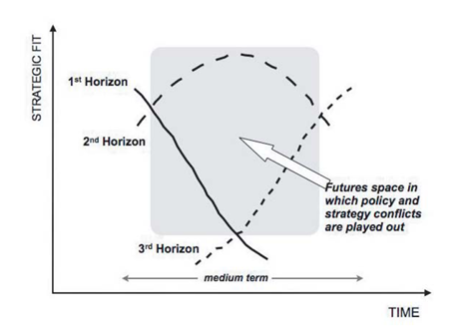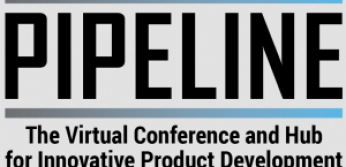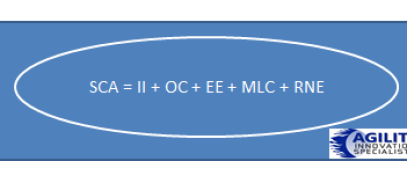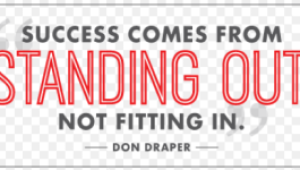Traversing across into horizon 2 for new breaking innovations
 Within our ‘business as usual’ attitudes lie the seeds of destruction. Today there is a relentless pace; we are facing stagnation in many maturing markets.
Within our ‘business as usual’ attitudes lie the seeds of destruction. Today there is a relentless pace; we are facing stagnation in many maturing markets.
We place a disproportionately high amount of our resources in the ‘here and now’ to defend what we have and what we know. A potential ‘big mistake’
We actually subvert the future to prolong the life of the existing.
We constantly look to make it more efficient and more effective but this is in the majority of cases just incremental in what we do, both in innovation and our activities. These are often simply propping up the past success instead of shifting the resources into the investments of the future.
Spotting signs of innovating decay
Within the Three Horizon framework for innovation the horizon two is beginning to address some of the current decay arising from the core within the existing activities (or system). Here we have the highest tension point as it is the place for transformation to take shape and form.









